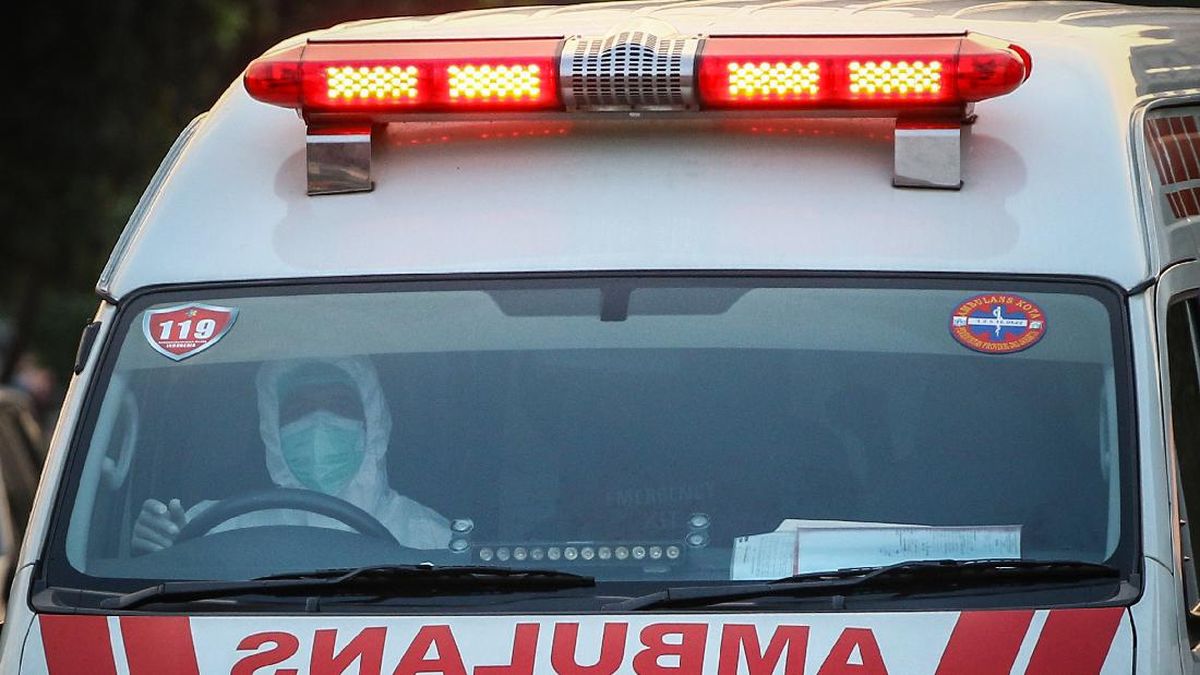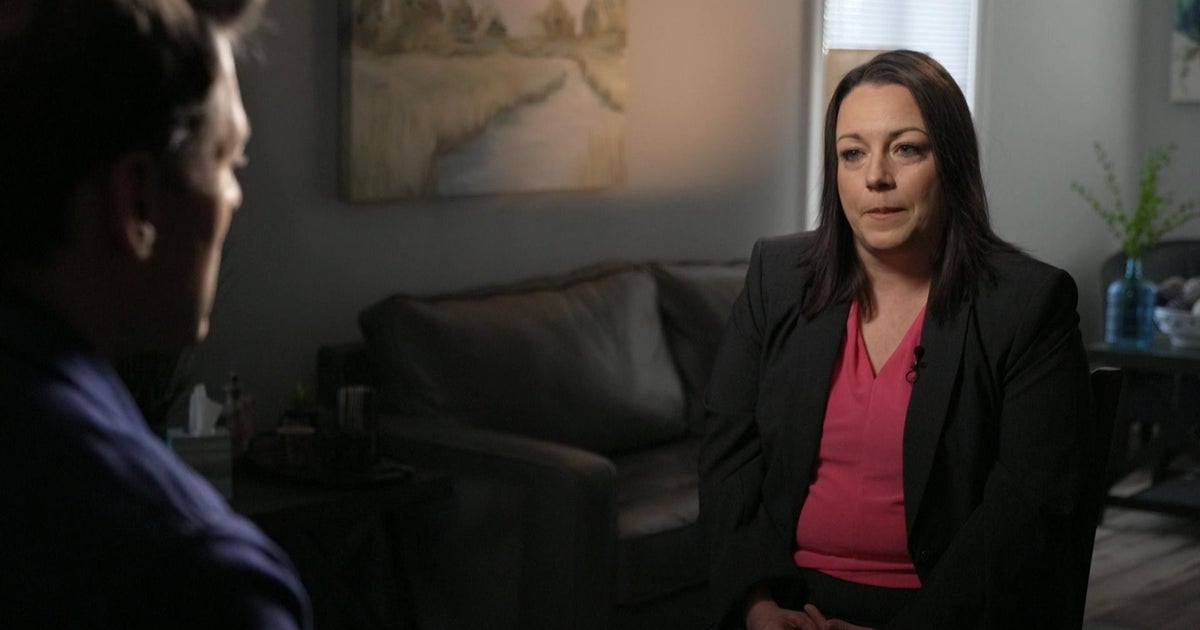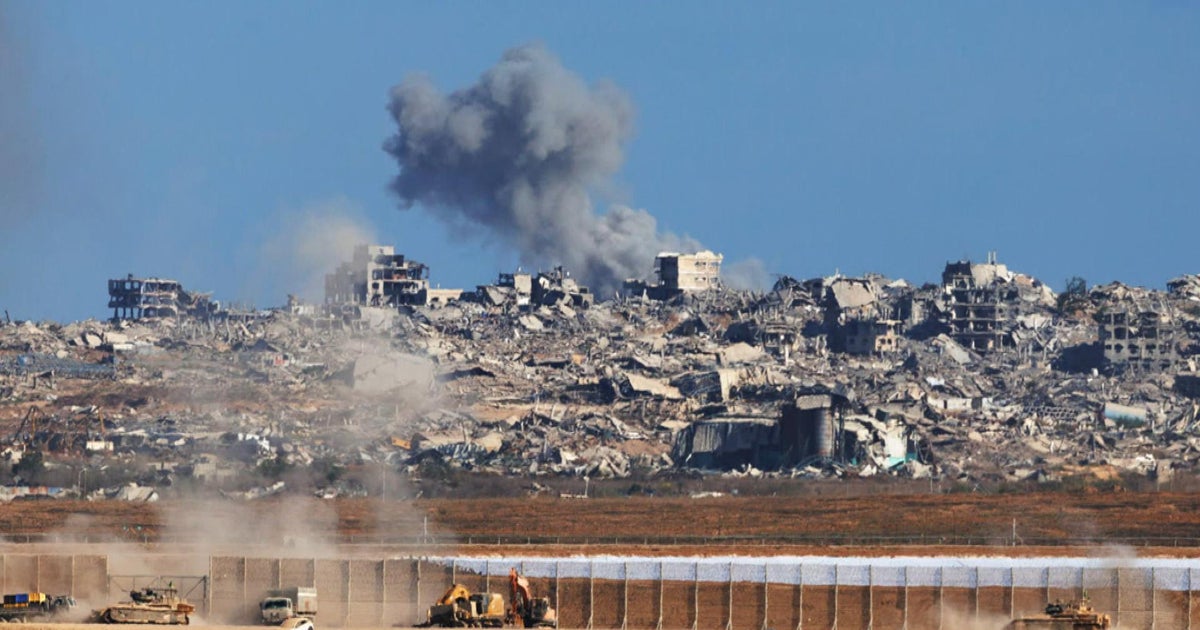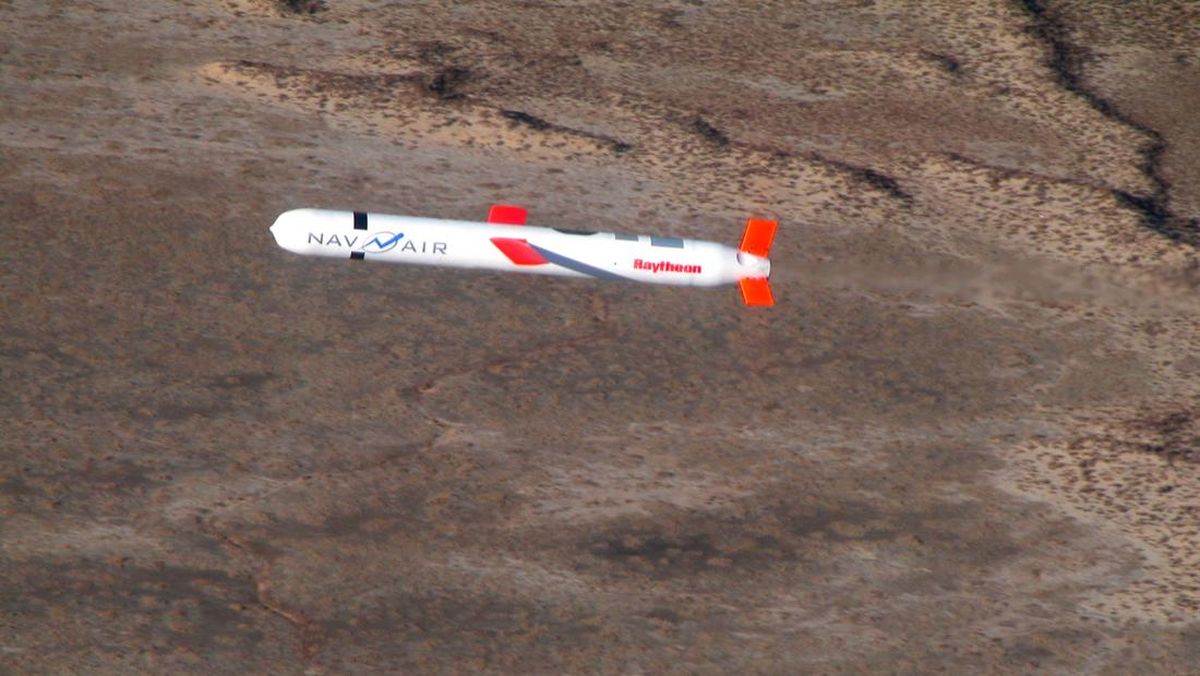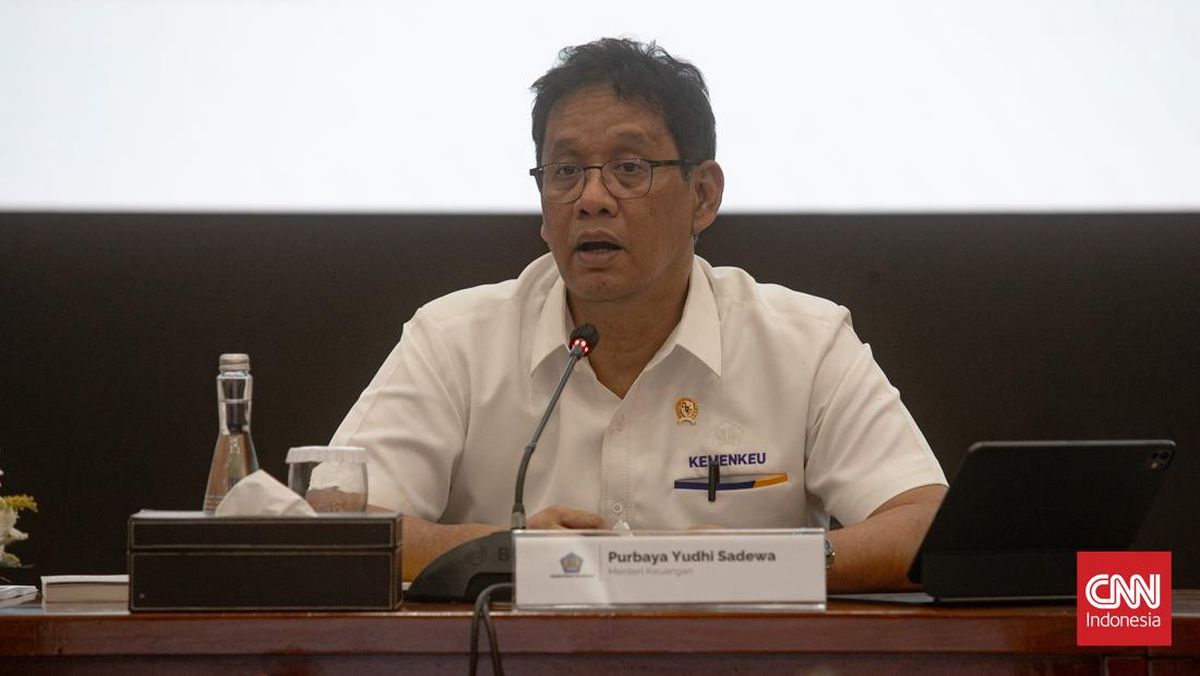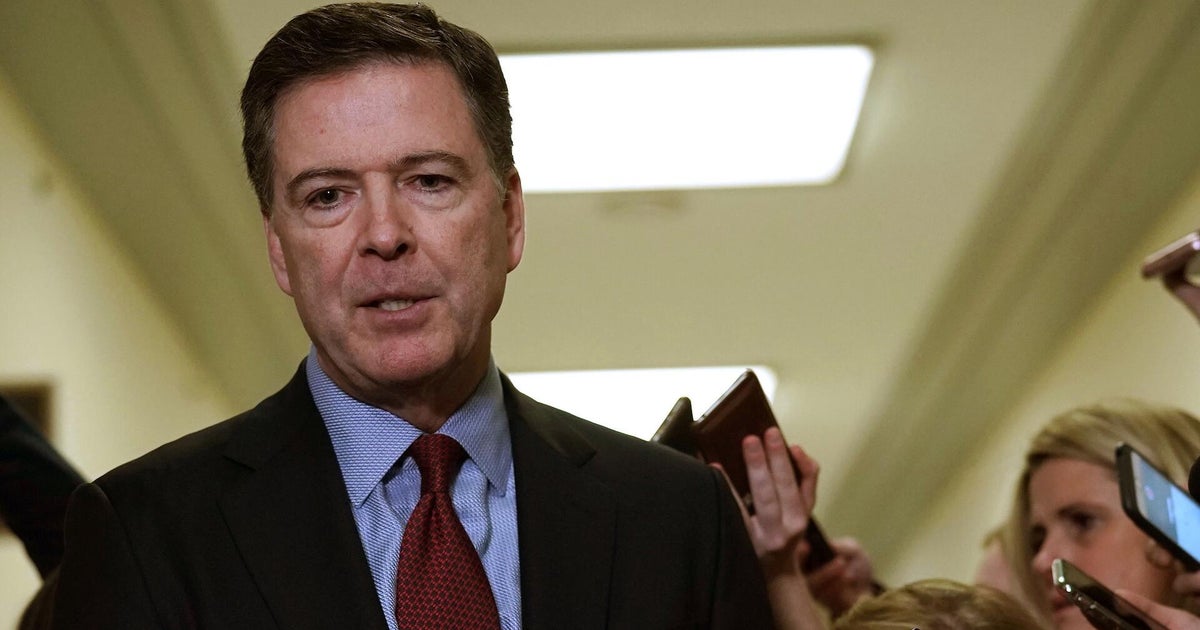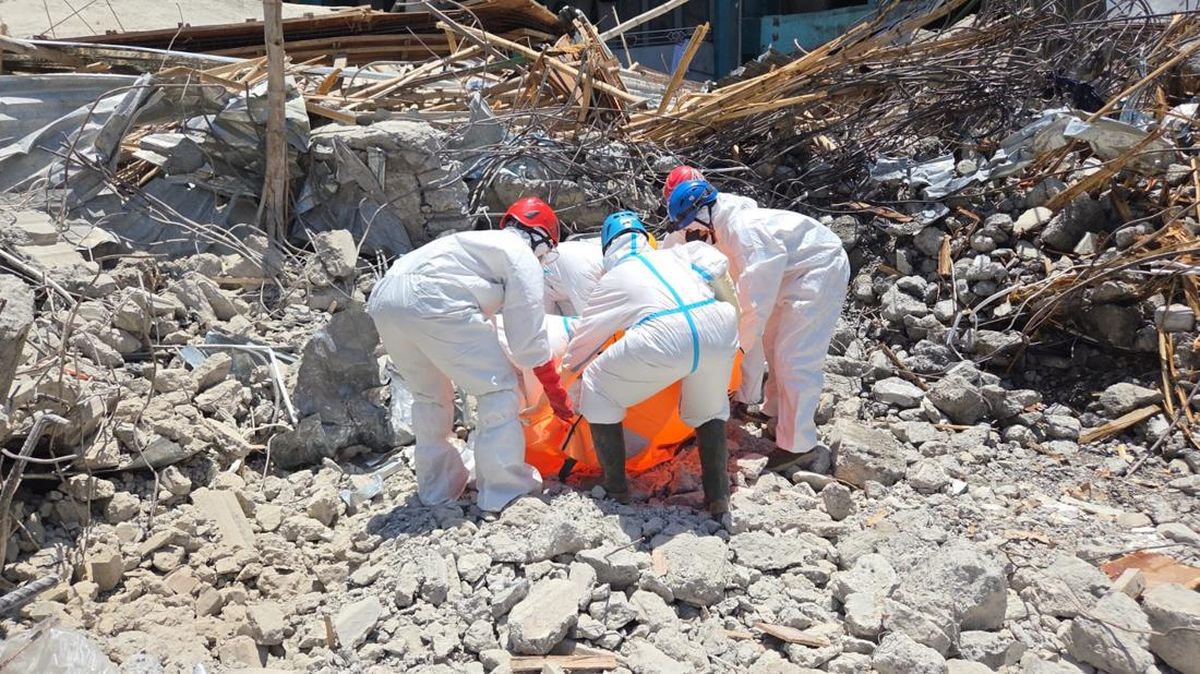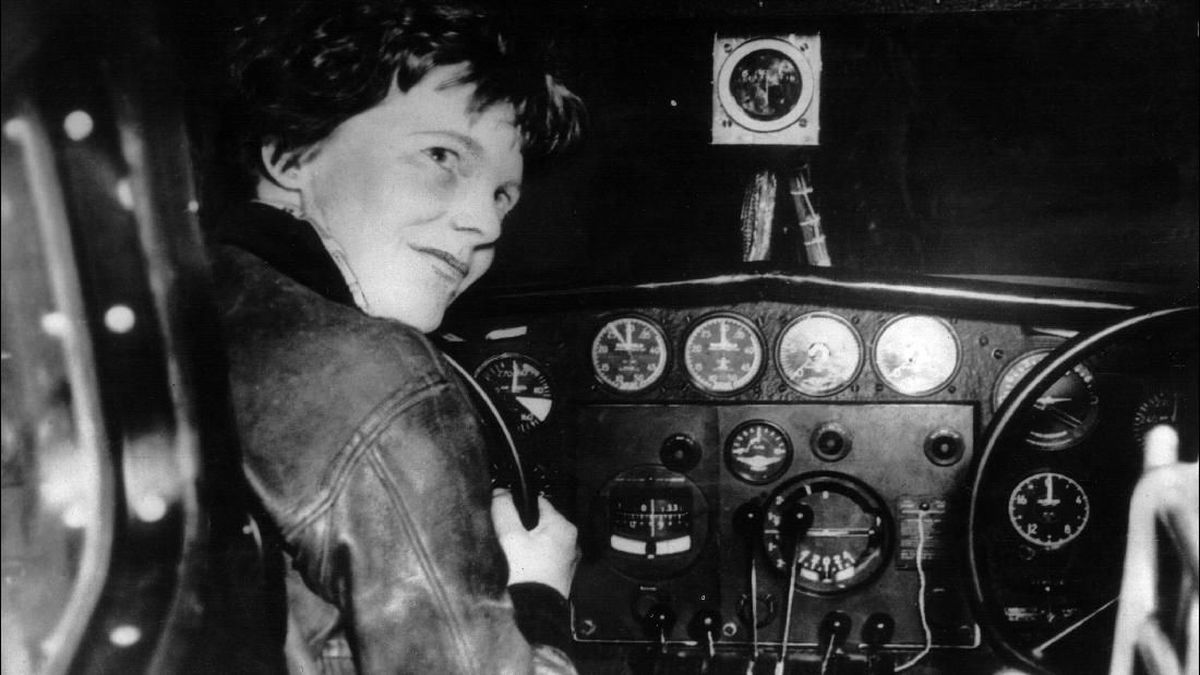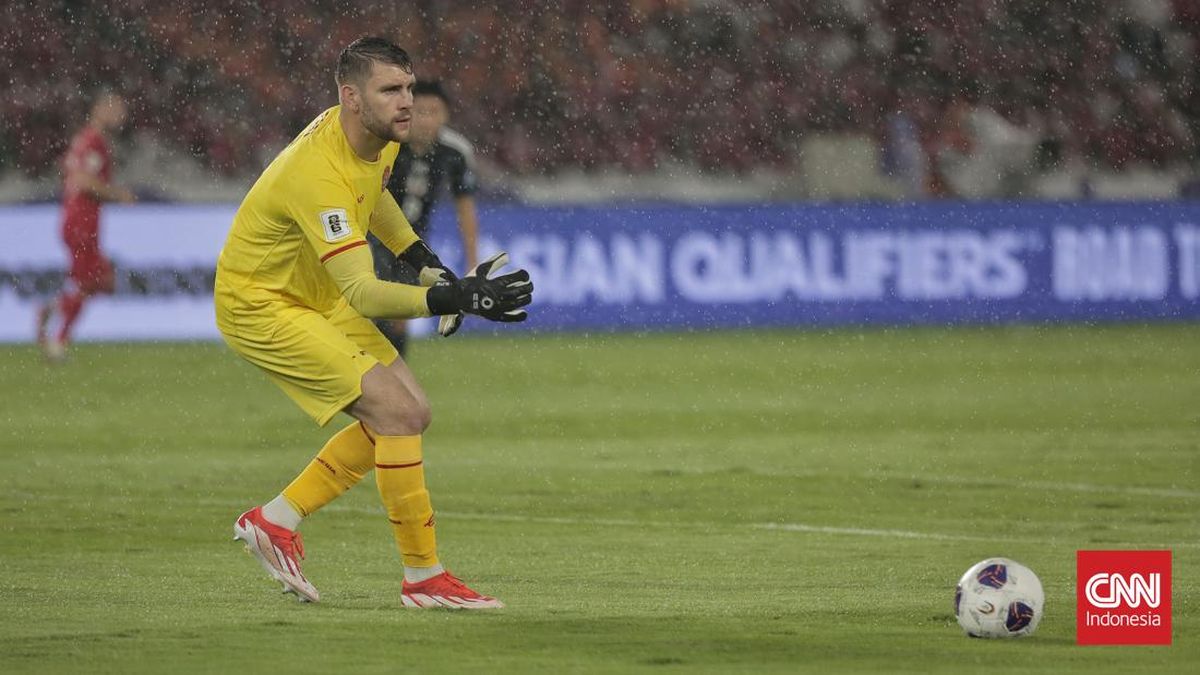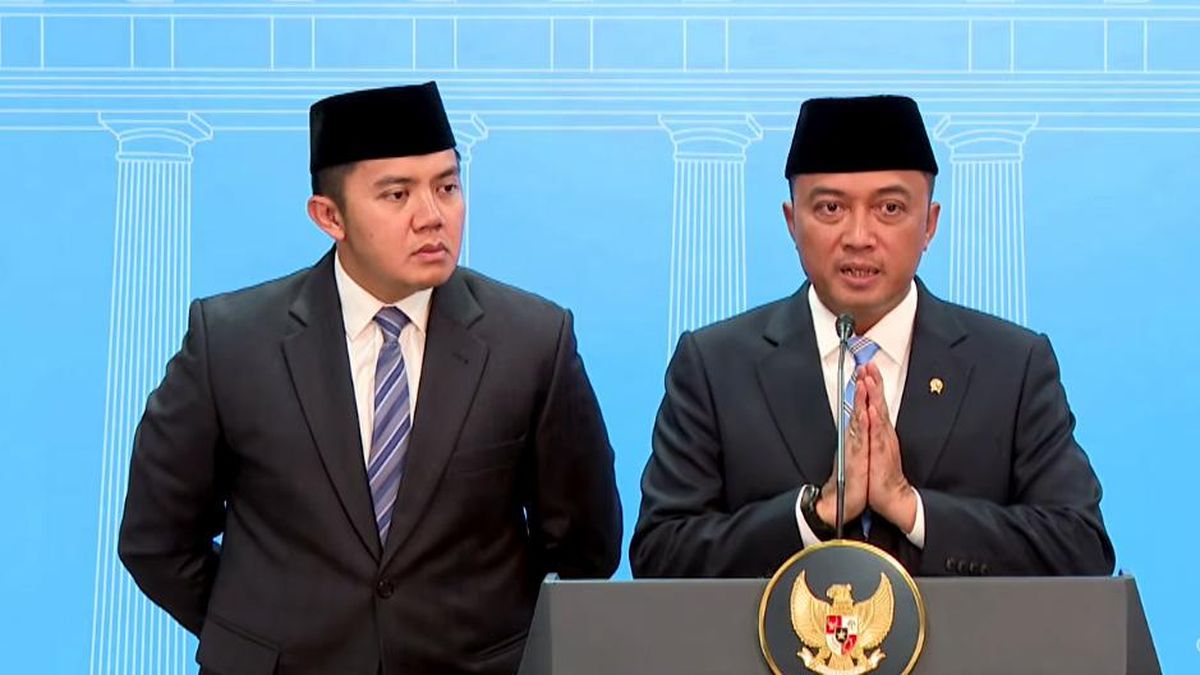Our military harbours rapists. Where is the political outrage?
They’re tasked with keeping us safe, but they are not, themselves, safe.
Both Coalition and Labor politicians always repeat the same line about national security – that it is the government’s No.1 priority to keep Australians secure.
But the female personnel of the armed forces are not guaranteed personal safety, even as they devote their professional lives to protecting ours.

Both Labor and the Coalition claim to be strong on national security, but neither is standing up for women in Defence.Credit: Marija Ercegovac
Such is the only possible conclusion from reports in this masthead by Nick McKenzie and Garry McNab about the prevalence of sexual assault and other forms of misconduct against women in the military, and the ADF’s ineptitude and apparent unwillingness to address it.
The stories told by the women who came forward will be wearily familiar to many survivors – a combination of institutional omerta and victim-blaming.
The women were introduced into male-dominated and sometimes openly misogynistic professional environments – in the army and the air force – and expected to fend for themselves.
When they were sexually assaulted, they were pressured to stay quiet or treated as a nuisance for speaking up.
In one case, a female army officer cadet was warned her career would be compromised if she made a complaint. As she put it: “To get some poor guy in trouble would not wash.”
The focus of the higher-ups often seemed to be on ensuring the careers of alleged perpetrators were not disturbed, rather than on the safety and psychological wellbeing of the alleged victims.
Alleged perpetrators were often dealt with by the ADF’s internal judicial system, not a civilian criminal court.
Even if expelled from the military following a guilty verdict, perpetrators dealt with internally can go on to have a career in civilian life without anyone outside the military knowing their record of sexual misconduct.
In one case, a man was later charged by the ACT Director of Public Prosecutions with raping a woman he met on a dating app.
An air force cadet whose alleged assailant was prosecuted by the Northern Territory authorities was forced to work in proximity to him on the same base as they awaited the trial.
Another woman subjected to a terrifying knife-point assault reached a settlement with the military in 2013 – but only on the condition she signed a “gag” clause which effectively prevented her from ever speaking about her traumatic experiences, compounding her trauma.
Yet another female officer was told by a female superior that “rape is just a WH&S [work health and safety] issue … it happens to everybody”.
Loading
The misogyny of some parts of the military is no secret, and it was blown open during the Royal Commission into Defence and Veteran Suicide, which ran from 2021 to 2024.
The commission found that there had been almost 800 reported sexual assaults over the previous five years, but said that this number probably concealed the true scale of the problem.
According to the commission, the sexual assault under-reporting rate was a whopping 60 per cent, and the military had failed to “accurately quantify” cases of sexual misconduct.
Defence was unable to say how many offenders were still within its ranks.
All of this is shocking, but not surprising – review after review, inquiry after inquiry, has found that Defence’s lack of accountability is obstructing change.
Over the past 15 years, we have had the Defence Abuse Response Taskforce, the Rufus Black review into Defence accountability, sex discrimination commissioner Elizabeth Broderick’s review into the treatment of women in defence, the Brereton inquiry and the royal commission.
But the latest defence force data shows nothing much has shifted – it reports, for example, that at the Australian Defence Force Academy in 2023, 55 per cent of female students had experienced unacceptable behaviour in some form, compared to 32 per cent of their male peers.
Lieutenant General Natasha Fox, the ADF chief of personnel, is intent on instituting reforms to address the sexual assault problem within the military.
They include a new central complaints unit, a sexual violence prevention program and legislative changes making it easier to terminate the employment of predators.
But where is the political momentum on this? Where is the high-level outrage and action?
Labor was elected in 2022 partly on a platform of taking “women’s issues” seriously, including women’s safety.
The Coalition is currently trying to improve its standing with female voters by assuring us it takes seriously the scourge of violence against women.
And yet neither side has much at all to say on the ongoing assaults against women paid to defend us by the very men tasked with the most sacred duty of all – assuring our security.
If you are a current or former ADF member, or a relative, and need counselling or support, you can contact the Defence All-Hours Support Line on 1800 628 036 or Open Arms on 1800 011 046.
Start the day with a summary of the day’s most important and interesting stories, analysis and insights. Sign up for our Morning Edition newsletter.
Most Viewed in Politics
Loading


